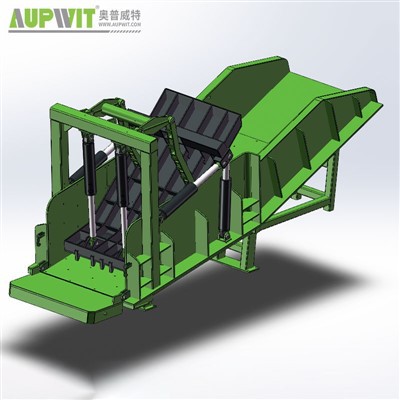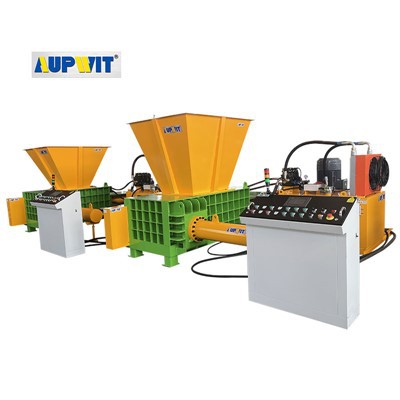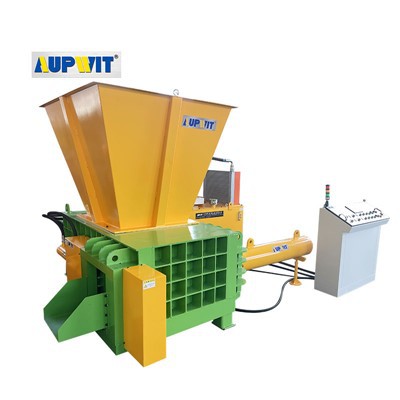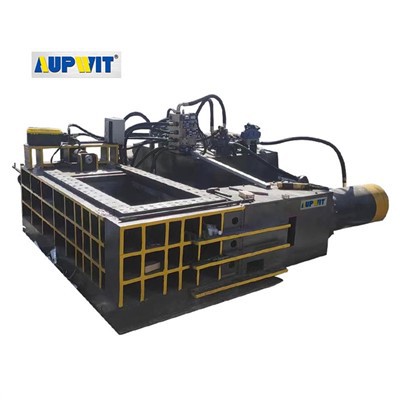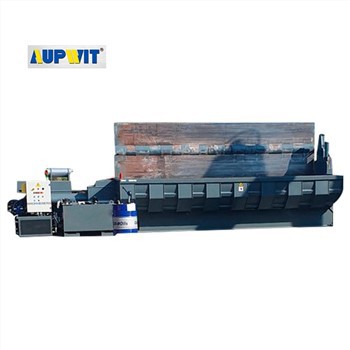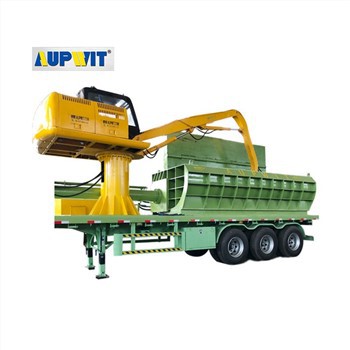Shredder machines are power-intensive, but their energy consumption can be significantly reduced through targeted improvements in design, operation, and maintenance. Here are key strategies to enhance energy efficiency:
1. Optimize Motor & Drive System
-
Use high-efficiency motors (IE3/IE4 class) to reduce electricity waste.
-
Install variable frequency drives (VFDs) to adjust rotor speed based on material load, avoiding constant high-power operation.
2. Blade Maintenance & Material Selection
-
Keep blades sharp and properly aligned to minimize friction and cutting resistance.
-
Use wear-resistant materials (e.g., tungsten carbide) to extend blade life and reduce energy loss from dull edges.
3. Smart Feeding & Load Management
-
Automated feed systems ensure consistent material input, preventing overloading or underloading.
-
Sensor-based controls adjust shredding intensity based on material hardness and volume.
4. Reduce Idle Time & Standby Power
-
Implement auto-shutoff or sleep modes during inactive periods.
-
Schedule batch processing to maximize continuous operation and minimize start-stop cycles.
5. Improve Machine Design
-
Dual-shaft shredders with low-speed, high-torque operation are more energy-efficient for tough materials.
-
Optimized rotor geometry reduces unnecessary energy expenditure in material flow.
6. Waste Pre-Treatment
-
Pre-sort or pre-crush materials to reduce shredder workload.
-
Remove contaminants (e.g., metals in plastic waste) to prevent blade jams and extra energy use.
Expected Outcomes:
-
20–30% energy savings with proper optimization.
-
Longer equipment lifespan and lower maintenance costs.


